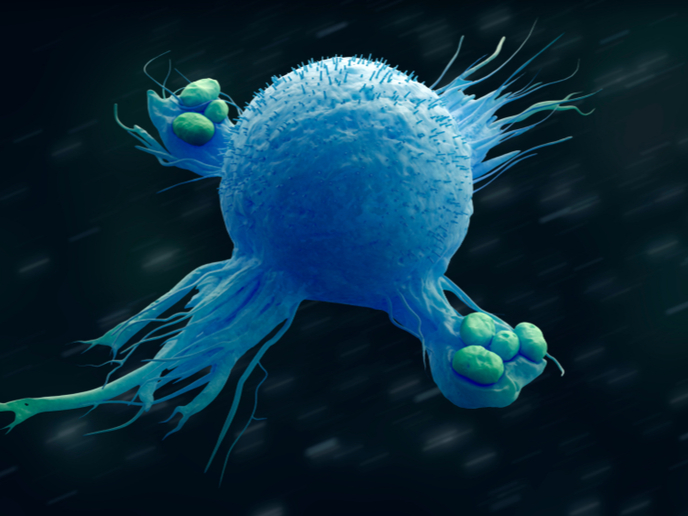AAV vector for cardiac gene therapy
Adeno-associated viral (AAV) vectors offer several advantages to other non-viral and viral vectors for gene therapy applications. They display tropism for specific tissues, they lack pathogenicity and can sustain long-term expression. However, the field of AAV-based gene therapy is hampered by pre-existing immunity against different serotypes. The cardiac tropism of AAV serotypes 6 and 9 has been extensively characterised in small and large animal models. The receptor for AAV6 is N-sialic acid while galactose has been identified as the AAV9 receptor. The rationale behind the EU-funded IMEVAAV (Generation of novel cardiotropic AAV-based serotypes to evade human humoral immunity) project was the development of novel serotypes based on AAV 6 and 9 that retain the cardiac tropism, but evade humoral immunity. To achieve this, scientists employed a directed mutagenesis approach, in which single mutations of specific amino acids attenuated the neutralisation by antibodies. They scanned the variable regions of the AAV capsid, which are exposed on the surface and constitute antibody targets based on emerging evidence. They generated over 75 single mutations on different variable regions, and following AAV vector production, the mutants were validated for their immune-evading properties using the neutralising antibody assay. Results showed that some AAV vector mutants suppressed cell transduction and demonstrated the highest reduction of neutralisation by serum containing anti-AAV antibodies. In vivo testing of these mutants was performed in a passive immunity mouse model where serum containing anti-AAV antibodies was adoptively transferred prior to vector inoculation. Experiments with simultaneous injection of parental and mutant vector were also performed to identify mutations that are central for humoral immune responses. Collectively, the IMEVAAV study has provided important insight into the immune response against AAV vectors and identified the immunogenic regions of the viral capsid. This knowledge will be of substantial value to the patients that are currently excluded from clinical trials because of their pre-existing humoral immunity. The AAV mutants generated during the project could be used as alternative gene therapy vectors for those patients.







